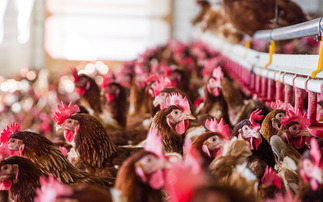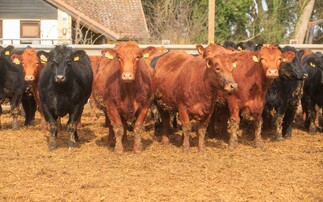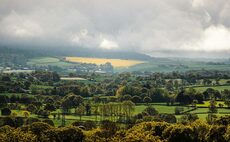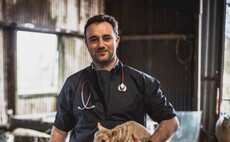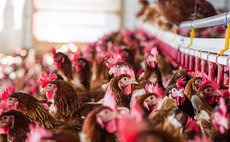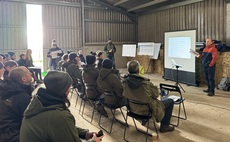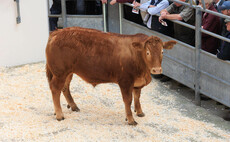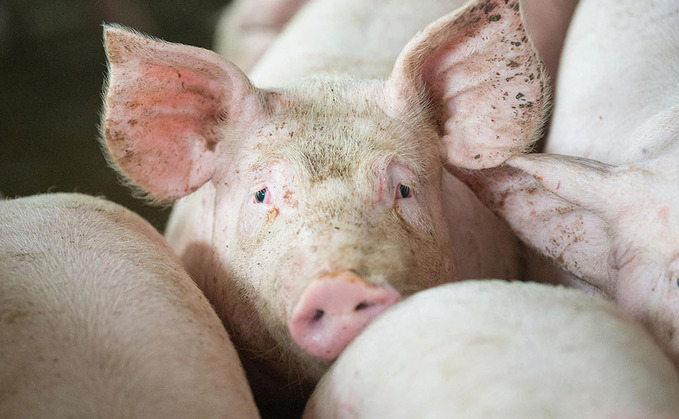
A Norfolk pig farmer is being paid to stop pig production in order to reduce nutrient pollution
A Norfolk pig farmer is said to be being paid in excess of £1 million by a group of local councils to ditch his pigs in order to allow house building in the area.
James Daniels, whose property straddles the A47 south of Norwich, has agreed to remove the livestock in a bid to reduce the amount of harmful nutrients which run off into two nearby rivers.
Local authorities have claimed by decreasing agricultural pollution, they will be able to offset the contamination which would allow around 5,000 new homes to be built across the county.
Mr Daniels will be allowed to continue arable production.
Speaking to the Daily Mail, the farmer said he had been upset people thought he was receiving an 'obscene amount of money' for 'quitting' his job. He claimed he had agreed the offer to help the environment.
He said: 'It really makes me angry when people say I am profiting from this. It is compensation for giving everything up.
"I am the second generation of my family on this farm after my father got it in 1950. My son wanted to take it over."
See also: Groups condemn proposals to relax river pollution rules to aid house building
A spokesperson for Broadland District Council and South Norfolk Council said nutrient neutrality has had a profound impact on many parts of the country, stalling ‘thousands of desperately needed homes'.
However, the move has sparked concerns over farmland and food security.
Lizzie Wilson chief executive of the (NPA) said: "Decisions around land use must always consider food production whilst balancing the impact on the local environment.
"What we must be cognisant of is artificially inflating land rental prices which already present a substantial challenge to existing and new entrant pig producers."
The spokesperson added that in light of a Government ‘vacuum of uncertainty' around the subject, four councils - South Norfolk, Broadland, Breckland and North Norfolk - have established a new joint venture company called, Norfolk Environmental Credits (NEC). The company will provide a trading platform for nutrient offsetting and other environmental credits, including Biodiversity Net Gain (BNG).
"This is not the first environmental trading platform to be established but it is the first time that so many councils have formed a trading company of this nature. Furthermore, this partnership is at the vanguard of delivering significant tranches of credits to meet the nutrient demands of new housing and is doing so in an innovative manner."








